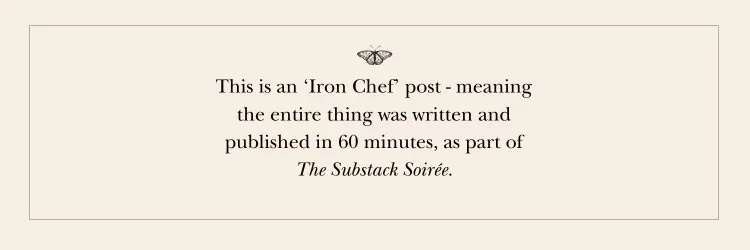‘What we resist persists.’
This is a concept originating from the psychiatrist Carl Jung, and meaning that the more we try to fight against our emotional experiences, the more stuck we become.
Why is this?
Let’s explain this using 2 metaphors.
The first comes from Buddhist teachings. Buddha taught that in life, we cannot avoid experiencing pain, and we can think of that pain as being like an arrow hitting us.

When we experience pain, we tend then to experience layers of suffering on top of that, each one like another, second, arrow hitting us.
For example, let’s say you experience pain in your back. This pain represents the first arrow hitting you.
Then on top of that you start thinking…
→ What’s causing this pain? Could it mean that my back is crumbling? Do I have a slipped disc? Could it be a sign of cancer?
→ How am I going to manage at work?
→ What if the pain doesn’t get better?
→ Maybe I shouldn’t have done all of that lifting single-handed, I should have asked for help.
→ I’m an idiot.

All of these are examples are second arrows - anxiety, guilt, shame etc that we feel, on top of the original pain itself.
Another example:
A colleague lashes out at you out of the blue, saying that they don’t like working with you. This creates feeling of hurt - the first arrow.
As that experience sinks in, worries and other feelings start to emerge:
→ What else has she been harbouring and not saying to me?
→ Who else feels this way and hasn’t said?
→ Self-doubt - is my perception of the situation wrong?
→ Shame - is there something wrong with me that has led this to happen?
→ Fear - when will the next attack like this occur?
→ Anger and indignation - how dare she be so unprofessional and mean?!
All these second arrows leave you in a tangle of frustration and worry, and take you further away from feeling the initial hurt.
I found the following infographic by psychotherapist Lindsay Braman so helpful for explaining this phenomenon (it comes from here: https://lindsaybraman.com/childhood-neglect-chronic-shame/ )
So all of those thoughts of ‘something’s wrong with me’ (shame) or ‘what if this problem gets worse and worse?’ (anxiety) or ‘it’s my fault this has happened’ (guilt) sometimes act to prevent us from feeling core emotions. The core emotions are the first arrow, and inhibitory emotions are the second.
The second metaphor is this:
“Emotions are tunnels. You have to go all the way through the darkness to get to the light at the end.”
- from Emily Nagoski https://www.goodreads.com/quotes/7280969-emotions-are-tunnels-you-have-to-go-all-the-way
I first read this in Emily & Amelia Nagoski’s book ‘Burnout’, and the metaphor makes a lot of sense to me.
When you’re in the middle of an emotion, sometimes it can be very dark, and you may not even realise where you are, or what the emotion is.
Once you recognise the emotion and can name it (‘name it to tame it’ and all that), you may start to realise that you are in a tunnel, rather than a deep hole, and see that there is actually an ‘other side’, which you can start moving towards.
But there is no magic way to get out of the tunnel - you have to be in it, and move through it, in order to get to the other side.

All of that second arrow stuff - that completely natural, automatic stuff that often serves to protect us from feeling something difficult, is also contributing to keeping us stuck.
So how does this relate to ‘allowing’?
Well, how often have you heard someone say, or have you said to yourself ‘I shouldn’t be so upset’ or ‘I need to just think positive’ or ‘I mustn’t let it get to me’?
While the idea of positive thinking or of working out how to feel less bothered by something can be helpful, if you’re trying to restrict yourself from feeling an emotion once it has already come up, this is a recipe for getting stuck in that emotion tunnel, with layers of guilt and shame piled on top. In all likelihood, that emotional block will fester there until you do something to uncover it, revealing the underlying emotion and letting yourself feel it.
‘Feel it to heal it’.
And when you do feel it, while it may well be painful as you had thought, it will also be liberating, because you recognise that it is not keeping you trapped - you do not need to live in fear of that emotion being exposed. You can acknowledge it, feel it, and let go.

In the spirit of this Iron Chef challenge (see picture at the top of this post) and in service of imperfectionism, I’m hitting publish now, for better or worse! I’d love to hear your thoughts on this post, see you in the comments! :)







You explained this in such a lovely way! I'm definitely guilty of beating myself up, which often makes things only worse. So recently I've started a practice inspired by Elizabeth Gilbert's substack of writing myself letters from love and it really helps me to soften and accept whatever I'm feeling in the moment. I've written a post on it last week, feel free to check that out!